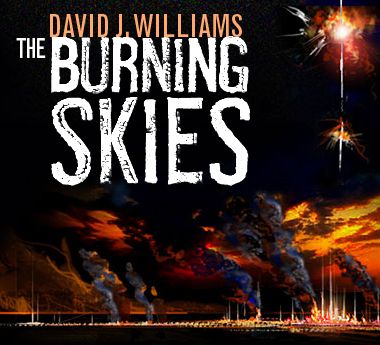
One of Matt Staggs’ links last week was to a New York Times Book Review piece on Jaron Lanier’s book You Are Not a Gadget. I haven’t read the book, but the description of its main points really resonated with me, especially because I’m currently taking a break from Facebook and my personal blog.
This part of the review made perfect sense to me:
Mr. Lanier, a pioneer in the development of virtual reality and a Silicon Valley veteran, is hardly a Luddite, as some of his critics have suggested. Rather he is a digital-world insider who wants to make the case for “a new digital humanism” before software engineers’ design decisions, which he says fundamentally shape users’ behavior, become “frozen into place by a process known as lock-in.” Just as decisions about the dimensions of railroad tracks determined the size and velocity of trains for decades to come, he argues, so choices made about software design now may yield “defining, unchangeable rules” for generations to come.
This argument and others from his book mirror my own concerns about new media. Even as I’ve embraced much of what new/social media has to offer, I also strongly recommend, in Booklife and in my lecture for MIT, thinking about what you’re doing and remembering the importance of balance. In particular, these points:
(1) New media tools like Facebook and Twitter are exactly that—tools. They are not strategies. Just getting on Facebook, creating a blog is not a strategy or a plan. I can’t repeat that enough.
(2) It’s when you mistake the tools for a strategy that you begin to not only become tactical and reactive but also limited in your thinking because of the limitations of the tools.
(3) The most successful writers in the future will be the ones that stop responding in Pavlovian fashion to our current need for that little food pellet in the form of a response to a Blog entry, Twitter line or a Facebook status message.
(4) Further, the tools which you help realize both a creative project and create interest for it are constantly changing. Thus a focus on the tools is a focus on what will all too soon be the past.
(5) A focus on tools thus also means that you are in some ways limiting your options by letting the limitations of the tool and the preconceptions the tool engenders shape your project. Don’t let your imagination become a lackey to a new media tool. If a tool controls your actions, it to some extent controls your imagination.
Lanier’s book also seems to make strong arguments about not supporting mob behavior on the internet, something that we’ve seen too often—in which sheer force of numbers seems to win an argument, even when there hasn’t been true or logical discussion of the issues. Nuance suffers and the facts tend to become distorted.
Food for thought–and a book I’ll be picking up shortly. Amazon has an interesting interview with the author here.


